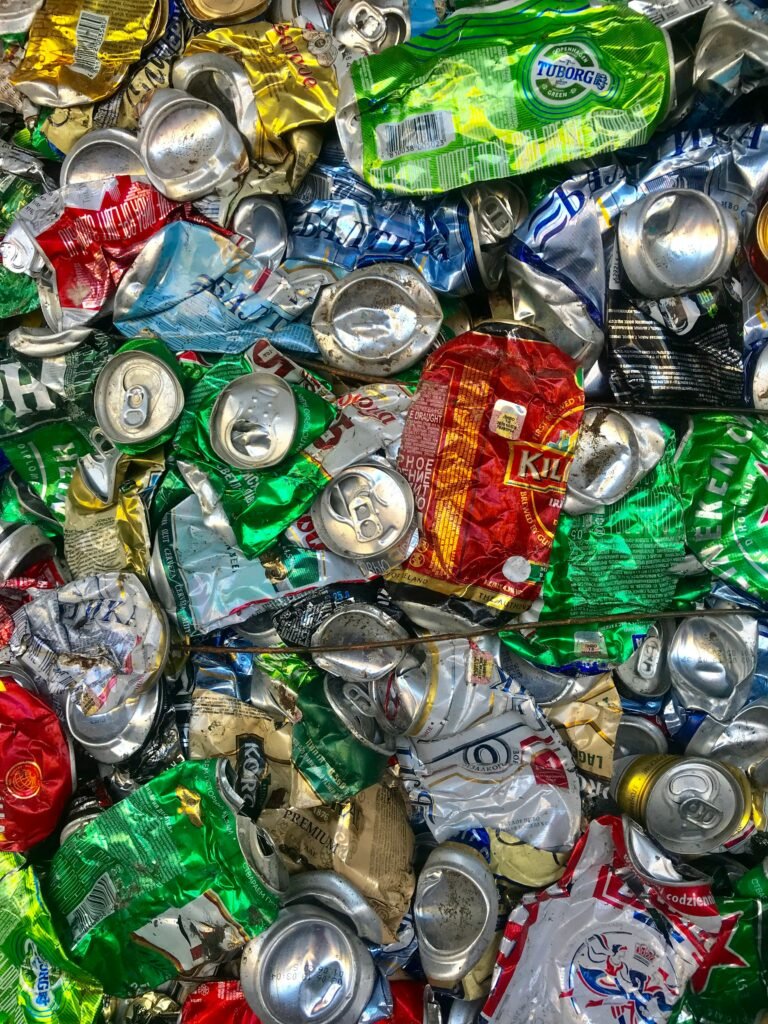Recycling has become one of the most practical and impactful ways to conserve natural resources and reduce environmental harm. Across regional communities, metal recycling is transforming how people think about waste — turning discarded materials into valuable assets that power industries and support local economies. For residents and businesses alike, metal recycling emerald services provide the opportunity to contribute directly to sustainability while benefiting from efficient, professional waste management.
Metal recycling is more than an environmental initiative; it’s a cornerstone of a circular economy. By understanding how it works, why it matters, and how to get involved, individuals and organizations can make a measurable difference in reducing waste and supporting long-term ecological health.

Why Metal Recycling Matters
The recycling of metals delivers both environmental and economic benefits. Environmentally, it reduces the need for mining and refining raw materials — processes that often damage ecosystems, consume vast amounts of energy, and produce greenhouse gases. Recycling metals such as aluminum, copper, and steel requires significantly less energy, conserving resources while lowering carbon emissions.
From an economic perspective, recycling returns valuable materials to the manufacturing supply chain. This lowers production costs, supports local industries, and helps stabilize material prices. Additionally, recycling operations generate employment opportunities and stimulate investment in regional infrastructure, reinforcing the connection between sustainability and economic growth.
Local Efforts and Industry Practices
Regional recycling facilities have become increasingly sophisticated, equipped with the machinery and expertise to efficiently collect, sort, and process a wide range of metals. These centers accept everything from household aluminum cans and copper wiring to large industrial scrap. Many also offer convenient drop-off points and organized collection programs, making recycling accessible for both residents and businesses.
While participation in recycling has grown steadily, challenges remain. Inconsistent sorting, lack of awareness, and contamination from non-recyclable materials can limit efficiency. However, these issues also present opportunities for improvement. By strengthening public education and streamlining collection systems, local initiatives can help increase recovery rates and reduce waste sent to landfills.
Forward-thinking recyclers are also focusing on sustainability beyond collection. Many now repurpose scrap into reusable forms, such as construction materials or processed metal stock, closing the loop between disposal and reuse.
How Individuals and Businesses Can Get Involved
Becoming part of the recycling effort begins with simple, consistent habits. Start by identifying and separating metals from general waste — this includes items like drink cans, appliances, wiring, and old tools. Cleaning metals before disposal improves processing efficiency and ensures a higher-quality end product.
Businesses can set up designated collection bins in workshops or warehouses, while households can use local recycling points and scheduled pick-ups. Engaging with professional recyclers ensures that materials are processed correctly, in accordance with environmental and safety standards.
Education plays a vital role, too. Schools, community organizations, and local councils can promote awareness programs that explain the benefits of recycling and provide clear guidance on what materials are accepted. Social campaigns and incentive-based initiatives also encourage greater participation.
Building a Culture of Sustainability
For recycling to reach its full potential, communities must embrace it as an ongoing responsibility rather than a one-time effort. Establishing regular drop-off routines, supporting local recycling businesses, and staying informed about new programs all contribute to meaningful change.
Partnerships between residents, industries, and recyclers can create a lasting impact. Collaborative events — such as community collection drives or trade-in programs — make recycling both practical and rewarding. Over time, these small, consistent actions build a stronger, more sustainable future for the entire region.
Final Thoughts
Metal recycling represents one of the simplest yet most effective ways to protect the planet’s resources. By reusing existing materials instead of extracting new ones, communities reduce pollution, conserve energy, and support local jobs. Through responsible participation and collaboration, everyone — from homeowners to business operators — can contribute to a cleaner, more efficient environment. Investing in proper recycling practices today ensures that the materials we rely on continue to serve future generations, driving both environmental stewardship and economic growth.